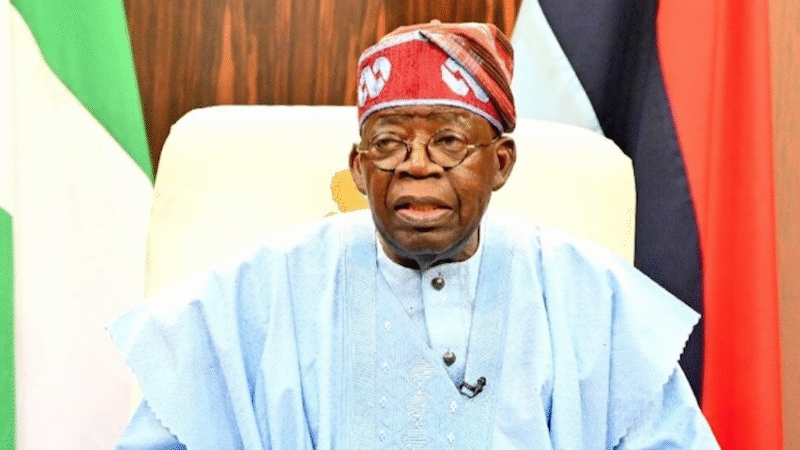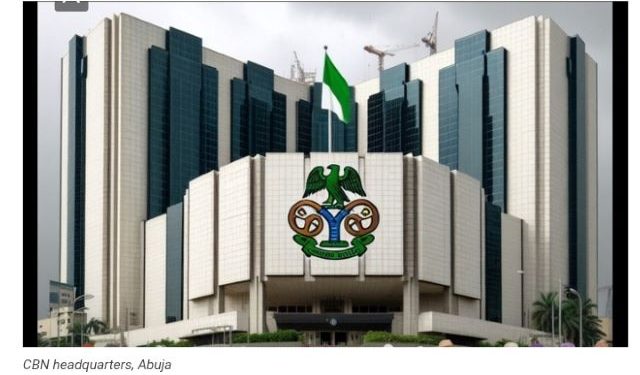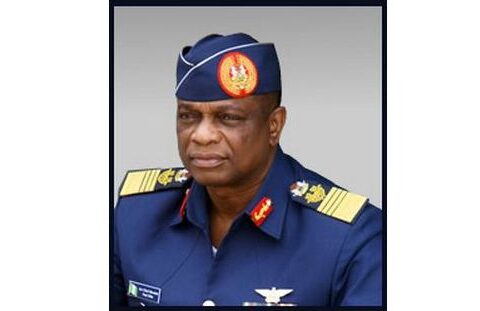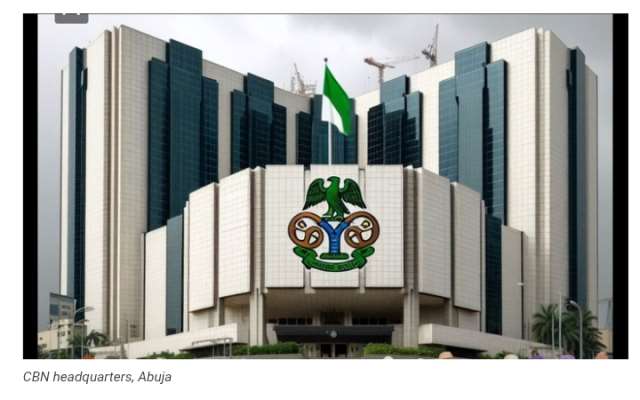Nigerian Economy: Presidential or Emergency Panels to the Rescue?
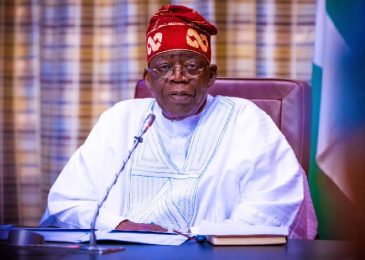
By Marcel Okeke
Nine full months into the tenure of President Bola Ahmed Tinubu administration, it is becoming increasingly clearer that rather than improving, the national economy has been getting farther into the woods; with practically all economic indices running in the reverse direction from Government projections. Inflation has assumed runaway dimension, consistently driven higher (month-on-month) by the food inflation component—as the prices of all food items have gone through the roof. The same with prices of all durable consumer goods and services. Latest figures from the National Bureau of Statistics (NBS) show that the Consumer Price Index (CPI)—which measures inflation rate—hit 31.75 percent as at end-February, 2024—arguably, the highest level in three decades.
Similarly, the national currency—the Naira—has gone through the worst times ever—crashing against the US dollar and all other hard currencies in the foreign exchange (FX) market—in the last nine months. From about N460/US$ as at end-May 2023 the Naira reached the nadir of almost N2000/US$ by mid-March 2024—before strengthening to about N1400/US$ in the last week of March. Other economic indicators such as stock of public debt, unemployment, gross domestic product (GDP), among others, have all attained worrisome states in the last nine months
Obviously baffled and rattled by these persisting augury, President Tinubu in the last week of March 2024 opted to enlist the ‘assistance’ of many more Nigerians (including technocrats and business gurus) on non-partisan lines. He empaneled a raft of committees, with specific mandates—in a fire-brigade approach—to help in reviving the fast collapsing national economy. Specifically, Tinubu on Wednesday, March 27, 2024, set up three committees—all focused on issues appertaining to the revival and growth of the Nigerian economy.
While Mr. President, Tinubu, heads a 31-man presidential economic coordination council (PECC), the Minister of Finance and Coordinating Minister of the Economy, Mr. Wale Edun, chairs a 19-man economic management team emergency taskforce (EET) and a 14-man economic management team (EMT). According to a statement from the Presidency, Tinubu approved the constitution of these committees “in a strategic move to bolster the country’s economic governance framework and ensure robust and coordinated economic planning and implementation.”
Members of the Presidential Economic Coordination Council (PECC) included Tinubu as Chairman; Vice President Kashim Shettima, Vice-Chairman; President of the Senate; Chairman, Nigeria Governors’ Forum; Minister of Finance and Coordinating Minister of the Economy; Governor of the Central Bank of Nigeria; Minister of Agriculture and Food Security; Minister of Aviation and Aerospace Development; and Minister of Budget and Economic Planning.
Others are Minister of Communications, Innovation and Digital Economy; Minister of Industry, Trade and Investment; Minister of Labour and Employment; Minister of Marine and Blue Economy; Minister of Power; Minister of State, Petroleum Resources, Oil; Minister of State, Petroleum Resources, Gas; Minister of Transportation; and Minister of Works.
The PECC also includes13 key members of the organised private sector (joining for a period not exceeding one year, subject to the president’s directive), namely Alhaji Aliko Dangote, Mr. Tony Elumelu, Alhaji Abdulsamad Rabiu, Ms. Amina Maina, Mr. Begun Ajayi-Kadir, Mrs. Funke Okpeke, and Dr. Doyin Salami.Equally on the membership of PECC from the private sector are Mr. Patrick Okigbo, Mr. Kola Adesina, Mr. Segun Agbaje, Mr. Chidi Ajaere, Mr. Abdulkadir Aliu, and Mr. Rasheed Sarumi.
Apart from the PECC, Tinubu also set up the Economic Management Team Emergency Taskforce (EET), with a mandate to “formulate and implement a consolidated emergency economic plan.” The taskforce comprised key government officials and some industry leaders.The EET was mandated to submit a comprehensive plan of economic interventions for 2024 to PECC, covering the next six months, for immediate implementation within two weeks of its inauguration.
Membership of EET, which would meet twice weekly, included Minister of Finance and Coordinating Minister of the Economy (Chairman); Minister of Budget and Economic Planning; Minister of Power; Minister of Agriculture and Food Security; Minister of Health and Social Welfare; Minister of Industry, Trade and Investment; Governor of the Central Bank of Nigeria; National Security Adviser; Chairman, Nigeria Governors’ Forum; and Governor of Anambra State.
Other members are governors of Ogun and Niger states; Executive Chairman, Federal Inland Revenue Service; Director-General, Budget Office of the Federation; Group Chief Executive Officer (GCEO), Nigerian National Petroleum Company Limited (NNPCL); Director-General, Nigeria Economic Summit Group; Special Adviser to the President on Energy; Mr. Bismarck Rewane, Economist; and Dr. Suleyman Ndanusa, Economist.
Yet, Mr. President also named another 14-man Economic Management Team (EMT), established in October 2023, and chaired by Minister of Finance and Coordinating Minister of the Economy. The EMT would serve as the working group under PECC, playing a crucial role in the economic governance structure established by the president.EMT traditionally meets monthly or as required, but would now suspend its meetings for the duration of the EET’s mandate of six months.
Membership of the EMT include Minister of Finance and Coordinating Minister of the Economy (Chairman); Governor of the Central Bank of Nigeria; Minister of Budget and Economic Planning; Minister of Industry, Trade and Investment; and Minister of Communications, Innovation and Digital Economy.Other members are Minister of Works; Minister of Labour and Employment; Minister of Agriculture and Food Security; Minister of State, Petroleum Resources, Oil; Minister of State, Petroleum Resources, Gas; Minister of Power; Minister of Transportation; Minister of Aviation and Aerospace Development; and Minister of Marine and Blue Economy.
The statement said the president’s formation of the new committees was “the manifestation of a unified strategy aimed at enhancing Nigeria’s economic management architecture for verifiably improved performance.
“The formation of these teams will complement existing economic governance structures, including the National Economic Council (NEC), which is chaired by the vice president.”It said over the next six months, EET would focus on the rapid implementation, monitoring and evaluation of critical initiatives, and strengthening the federal government’s collective approach to advancing Nigeria’s economic objectives.
Noble as these objectives are, it needs be pointed out that the fact that these panels are being put in place almost one year into the life of the President Tinubu administration is a pointer to the prostrate state of the Nigerian economy all these while. In point in fact, given the deterioration that the economy has been experiencing since May 2023 (inauguration of President Tinubu), the EET particularly must go back to the basics to begin to lay the appropriate foundation to stimulate the economy.
So far, in fairness to the Tinubu administration, all it has been preoccupied with has been packaging and administering palliatives across the country. Its so-called reforms and policies unleashed misery, hunger, penury, anger and widespread hardship on the citizenry, without exception. Acute food scarcity, in an unprecedented dimension, heightened insecurity in the land—all amounting to an existential threat to the polity.
That these Tinubu panels are“in a strategic move to bolster the country’s economic governance framework and ensure robust and coordinated economic planning and implementation,” is evidence that the economy has been rudderless. Now that the ‘wise men’ are to craft ‘damage control’ initiatives, Tinubu and his team must detach themselves from the apron strings of the Bretton Woods institutions. The Nigerian economy is like other economies, but it has its peculiarities and challenges. And this must be recognised and factored into every effort to jumpstart it, and put it on the right recovery and growth path. This really calls for the urgency of NOW!
- The author, Okeke, a practising Economist, Business Strategist, Sustainability expert and ex-Chief Economist of Zenith Bank Plc, lives in Lekki, Lagos. He can be reached via: obioraokeke2000@yahoo.com



